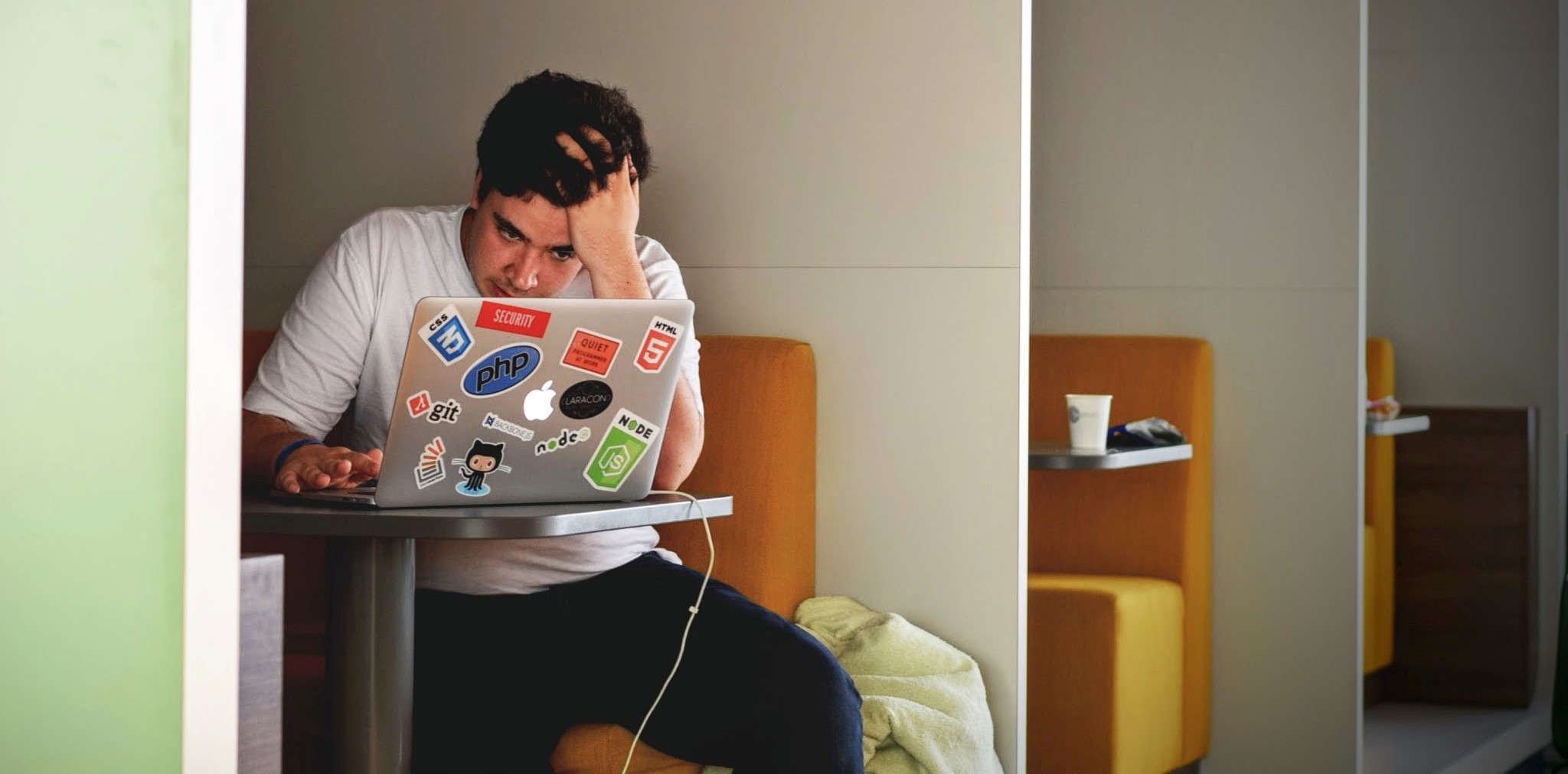
The coronavirus pandemic has caused a monumental shift in the ways businesses operate on both a day-to-day and strategic level. The sudden and compulsory lockdowns have been the catalyst for a rapid digitisation across the economy, hastened by the necessity of remote teams. Employee well-being will be then a main focus.
With employees decentralised and operating in physical isolation, companies and enterprises have been forced to embrace technological solutions for almost every business process. From maintaining IT security through to hosting team meetings, businesses have jumped at short-term answers to solve what they hope are short-term problems.
The efforts of building a productive and motivated team deserve more than a short-term fix.
Team meetings currently taking place over video calls will return to in-person conversations once staff return to the office; the volume of instant messages will likewise fall as colleagues are able to converse face-to-face. But businesses planning for a return to the status quo may be missing a huge opportunity to improve the long-term health and well-being of their staff.
Isolation priorities
The effects of lockdown have caused significant damage to the population’s mental health and well-being. A third of women and a quarter of men in the UK have admitted to experiencing loneliness during the COVID-19 pandemic – and with entire workforces isolated, this presents a serious threat to the health and survival of businesses across the country.
Furthermore, the impact of mental well-being on productivity has been well documented – humans are social by nature, and thrive in communities. Collaborative and engaged teams produce happier individuals as well as higher productivity and creativity: the Global Happiness Council estimates that a meaningful increase in workforce well-being can cause as much as a 10% increase in productivity. Workforce well-being has become a priority for some businesses in isolation, since it’s now more difficult to assess how employees are feeling, but in reality, it needs a more permanent focus for these initiatives to be successful.
Long-term problems need long-term solutions
Short-term mental health provisions to counter the isolating effects of lockdown is an incredibly myopic approach to such a significant and severe problem. Approximately one in four people in Europe suffer from a mental health problem, such as depression or anxiety, each year. This is a systemic issue that cannot be effectively tackled at any level with short-term solutions; businesses should take this opportunity to implement a long-term and strategic approach to caring for their employees and protecting their mental well-being.
First, building a strong and authentic company culture is central to ensuring employee well-being. Committing to a set of core values should form the foundation of any employee well-being strategy. Company values should cultivate a sense of shared purpose as well as set a precedent for how employees should communicate with one another, since strong inter-team dynamics can have a huge impact on wellbeing. Beyond this, companies should set firm boundaries on work-life balance and keep a close eye on individuals to make sure no one has their capacity too stretched or is experiencing burn-out.

Secondly, while there is plenty of research to suggest that increased exposure to technology, and the Internet in particular, is one of the drivers behind the proliferation of mental health problems globally, technology can also help provide the answers. With workforces operating remotely, many businesses have turned to technological solutions, such as digital coaching, to help their staff connect with and access the support they need, whether that’s tackling stress or managing work-life balance.
Coaching, for example, is proven to reduce stress, anxiety and depression, and when offered digitally, can be accessed regardless of the participant’s location, nationality, or even language. But despite digital coaching being an ideal solution for remote employees during lockdown, consistency is key for promoting real change, and if you view these solutions as stop-gap fixes you’ll be missing their true potential.
The future of work: employee well-being
Employee well-being is not a new issue for businesses to tackle, and it isn’t an issue that can be solved overnight simply by purchasing a new tool. But the isolation forced upon us all by the coronavirus pandemic has given every company the opportunity to thoroughly evaluate their provision of support for their employees.
Once teams begin to return to the office, it would be counterproductive and wasteful to reverse such measures – employers still have a duty to closely care for their staff’s well-being, so should continue or expand any programmes as economic conditions begin to improve. The companies that will emerge from this pandemic with an advantage will be those that take the opportunity to invest in their people in a long-term and meaningful way.
At the height of the pandemic, we launched a Monday Motivation video series with our in-house Behavioural Scientist Rosie Evans, who demonstrated stress and anxiety management exercises. These are just a handful of examples that our coaches often use with their coachees during their coaching sessions.




